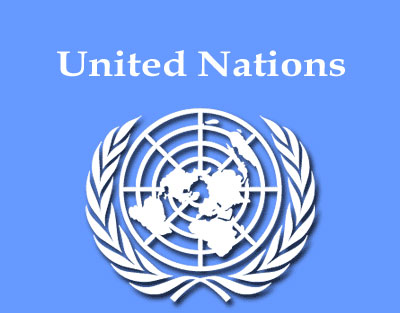UN reports drop in violence in Gaza, marked peace developments
 New York - Violent actions have dropped in Gaza Strip in the past month while a number of "encouraging" developments have taken place across the Middle East, the United Nations said Tuesday.
New York - Violent actions have dropped in Gaza Strip in the past month while a number of "encouraging" developments have taken place across the Middle East, the United Nations said Tuesday.
The drop in violence in Gaza was "a significant, but fragile, achievement," B. Lynn Pascoe, the chief UN political affairs officer, told the UN Security Council.
"We hope that this calm can be sustained and, together with internal Palestinian dialogue, lead to other positive steps: the return of the legitimate Palestinian Authority to the Gaza Strip," Pascoe said.
He said the UN was hoping that more crossing points between Gaza and Israel will be reopened and Israeli soldier Gilad Shalit will be released by Hamas militants in Gaza as well as Palestinian prisoners detained by Israel. He said Gaza should be reunified with the West Bank under the PA.
In other developments, Pascoe said another round of Israeli-Syrian talks, mediated by Turkey, was expected later this month, with yet another round in August.
Pascoe said Syrian Foreign Minister Walid Mouallem visited Beirut on Monday and officially invited Lebanese President Michel Suleiman to visit Damascus.
"We urge both countries to establish full diplomatic relations and representation," Pascoe said, citing a UN resolution calling on both sides to normalize their difficult ties.
Lebanon and Israel last week swapped detainees as well as remains of fighters detained by both sides in a further implementation of a demand for resolving the humanitarian aspects in their conflict since the brief summer war two years ago.
Pascoe said the number of truckloads of goods and relief supplies entering Gaza in the past month had increased by 54 per cent, compared to the month before. He said imports of cement had increased substantially during the reported one-month period, which met Gaza's requirements.
He said Gaza still cannot make significant economic recovery due to the lack of raw materials and prohibition against exports. Approximately 95 per cent of local industries have remain closed, Pascoe said. (dpa)